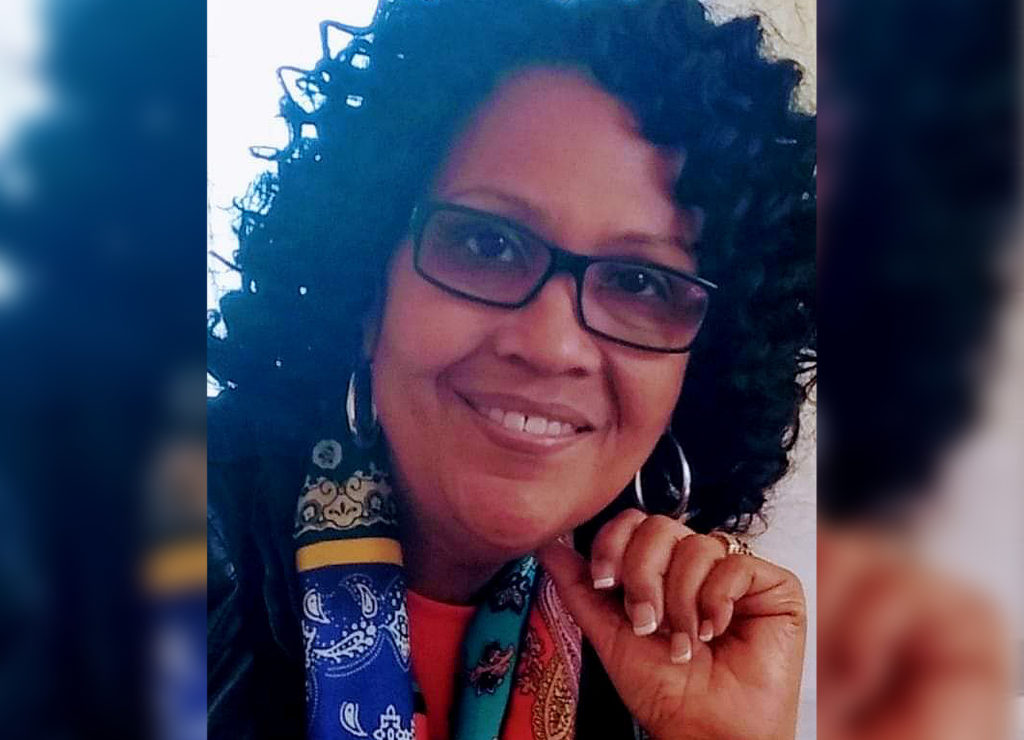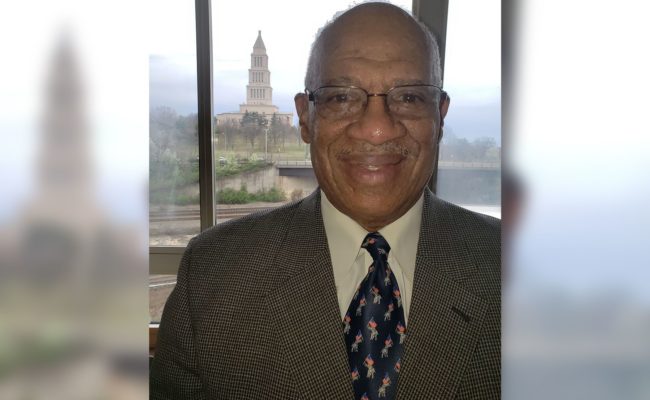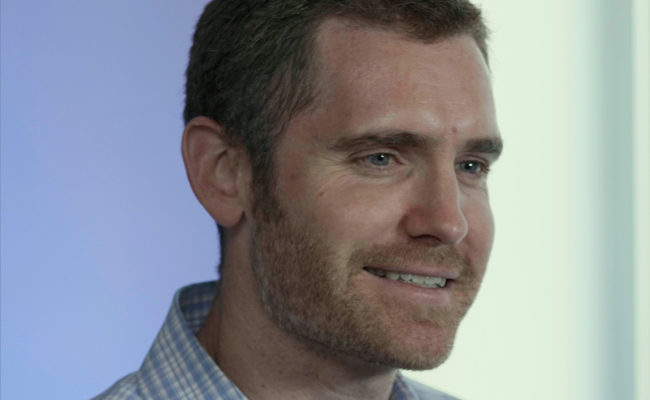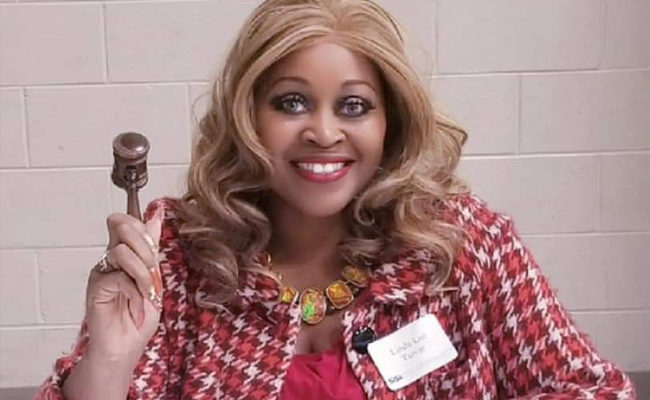Angela Shadd-Kittrell
“Civics is less of a theology, philosophy, ideation or ideology than it is a ‘do-ology.’"

“Literature is a gateway to history and to civics – it’s impossible to isolate them from one another.”
“I taught literature for many years and found that [in order] to look at literature through a historical lens or read stories of people with different types of governments, you have to insert civics as a part of that. It has to partner with a lot of other areas.”
“Civics is less of a theology, philosophy, ideation or ideology than it is a ‘do-ology.’ It’s very important that we understand the facts of civic history and civic sociology so we get a foundation grounded in truth. It’s more of a practice – we can’t just talk about it, we have to do it and be it.”
“Until we look at history through a realistic lens – a lens of appreciation for what has happened – we don’t understand where we can be and how we can grow. History has the value of teaching young people not just what happened, but how we can utilize that information. How do we utilize the Constitution, how do we use the expressions of history to grow as a people to grow as humanity? How can we use that as a foundation for our future?”
“We have a very rich family history that we pass on to our children through stories. One of my ancestors was the first African-American woman to attend law school in the United States. She ran an underground railroad and published a newspaper. Some of my people were slaves, but they were also inventors. We can’t stop at slavery –we’ve got to see what other possibilities the world had for our family.”
“Young people in our family are influenced by the stories of the great insight and vision that our ancestors had, and how we are carrying them out. The story is not finished. We encourage them to place themselves in that history, and see how their lives fit.”
“If all we do is frame history with sad stories of defeat and abuse, that limits us. We have to wrestle with our past to make it the doorway to a great future. If anybody’s oppressed, everybody’s oppressed and we want all people to flourish. But everybody ought to take part in the flourishing of everybody.”
“Liberty and justice were incorporated into the fiber of our nation, so the places that we have to go from here are really based on the liberties that this nation has always espoused. Young people can look back to the Constitutional Convention or the Declaration of Independence and see that some people may have taken advantage – but we can be certain it was for all of us. Some people say that the Constitution was not for everybody, but that can be mediated by the fact that all that has been done in this nation to raise up all people was connected to the Constitution, the Declaration of Independence and all of our founding documents. Without that kind of groundwork, we would not be having conversations around liberty today. We’d have to start all over again, we’d have to begin those conversations.”
“Young people need to be exposed to service in a way that most aren’t right now. It’s a part of civic responsibility, because civics education is bland without an understanding of civic responsibility. We have to have both.”
“I’m raising my 14-year-old granddaughter. She’s in the Navy Junior ROTC and all of the children involved understand that they’re there to defend their country so that we might live in peace for generations and generations. These kids are generational thinkers. They’re not just for today, but they’re thinking beyond their existence. That gives me hope.”
“Different systems have different biases and it’s unfortunate that our young people become the objects of such biases. I’m very much in favor of teaching children the actual facts as we know them to be. Everything has value, no matter if it was bad or good – it all lends to growth. Young people are smart and can draw conclusions from factual information.”
“I want my granddaughter to know it’s honorable to serve her country and fight for what she believes in. We were founded on principles of things like truth, liberation and peace. Those are founding principles, and I believe they’re worth fighting for. I’m teaching her that she may even lose her life for freedom and liberty, but it’s the reality of the world that we live in and we all have that calling. Even in civilian life, we have the calling to fight for what we believe in.”
Angela Shadd-Kitrell
Bowie, Maryland


